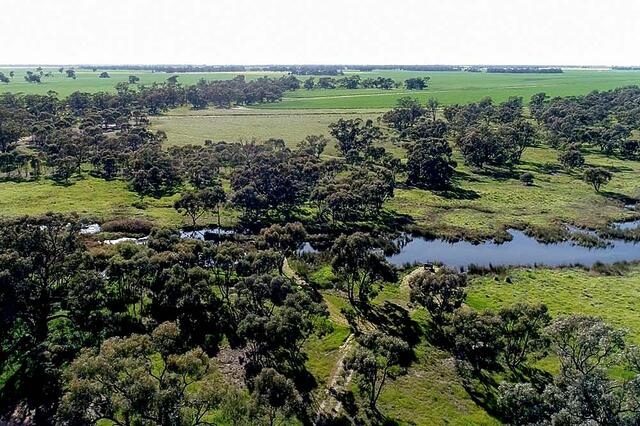Australia to share sustainable agriculture efforts at COP28
Australia will promote our climate-smart agriculture practices and commitment to climate action at the United Nations Climate Change Conference, COP28 in Dubai.
As a large food producing nation, with a variable climate, Australia has experienced many climate related events that have impacted our agriculture sector.
The Australian Government is working closely with the agriculture sector to reduce emissions, adapt practices, develop new income streams, and ensure Australia’s long-term agricultural productivity and food and fibre security.
Sharing these insights through our attendance at COP28 demonstrates Australia’s commitment to climate action and conveys to an international audience the value of evidence-based policy, research and innovation.
A no one-size-fits-all approach is vital to sustainable agriculture — we need to encourage practices that are tailored to the ecological, cultural and economic conditions of each economy.
We are privileged to showcase Australian examples of climate-smart agricultural innovation in the Australian pavilion and facilitate partnerships with Australian industry to demonstrate our world-leading practices and credentials.
December 10 has been designated Food, Agriculture and Water Day, with many thematic events taking place in the Australian Pavilion at COP28.
Panel events
Sustainability Frameworks: Demonstrating agricultures ability to produce food and fibre sustainability
Agricultural producers care for their land and have been practising sustainable land management and farming techniques for centuries.
With a changing climate, increased international action and focused attention on sustainable production, there is a greater need to be able to demonstrate these practices and articulate them in a transparent and traceable system.
Industry led sustainability frameworks will be an important tool for producers to demonstrate these climate and sustainability credentials to their international trading partners and customers.
Co-hosted with the National Farmers federation, this panel will bring together international leaders to explore the use of these frameworks in agriculture and how they are being implemented to support climate-smart sustainable agriculture outcomes.
Participants
- Sue Ogilvy, Farming for the Future
- Su McCluskey, Australian Government Special Representative for Australian Agriculture
- David Jochinke, President, National Farmers Federation
- Keith Currie, Canadian Federation of Agriculture
Sustainable Food Systems in a Changing Climate
Food and nutrition security, more now than ever, are critically important to feeding a growing global population. Strong, robust and resilient global food systems and value chains will be crucial for meeting this demand.
With a changing climate, how do we adapt and transform these systems to ensure they meet our current and future climate and sustainability goals and needs?
This panel brings together leading international experts to discuss and explore the impact of climate change on food security and sustainable food systems and the importance of a circular economy. Focused on Australia and the Pacific, the session will be an opportunity to share knowledge and best practices and identify opportunities for sustainable food systems.
Participants
- Donna Bennett, Department Agriculture, Fisheries and Forestry
- Su McCluskey, Australian Government Special Representative for Australian Agriculture
- Jaci Brown (with virtual support from Larelle McMillan), CSIRO
- Alisi Tuqa, Food Systems Lead, The Pacific Community
The role of livestock in meeting our global climate, food security and nutrition goals
Livestock are critically important for global food and nutrition security, but at the same time contribute to global emissions. It is important to recognise that livestock is becoming part of the climate solution. The sector is contributing to 40% of the global value of agricultural output and supporting the livelihoods and food and nutrition security of almost 1.3 billion people (FAO, 2023) and is now achieving some early success in arresting its climate impacts.
The Australian livestock industry, in delivering on its Carbon Neutral by 2030 commitment, has made significant investments through collaborative partnerships in new feed additive and carbon sequestration technologies; animal husbandry and breeding to improve herd efficiency; and investigation of pasture and legume mixes for soil carbon storage and anti-methanogenic properties.
Co-hosted with Meat and Livestock Australia this event brings together experts to share knowledge and best practices on the role of livestock to combat global warming, contribute to global food and nutrition security and to regional livelihoods.
Participants
- Donna Bennett, Department Agriculture, Fisheries and Forestry
- Julia Waite, Meat and Livestock Australia
- Naomi Wilson, Head of Environment and Sustainability, AACo
- Ty Beal - Global Alliance for Improved Nutrition (GAIN) US
- Caroline Emond, Director General, International Dairy Federation
Related links
View Original | AusPol.co Disclaimer
